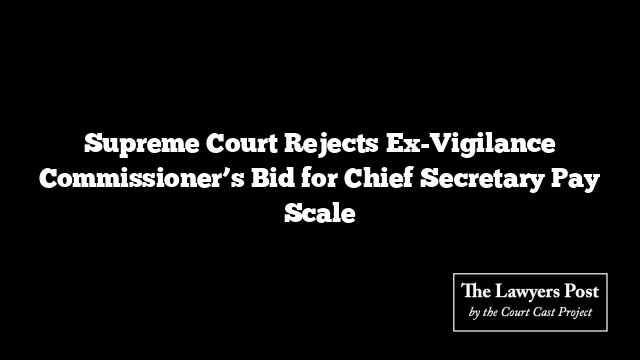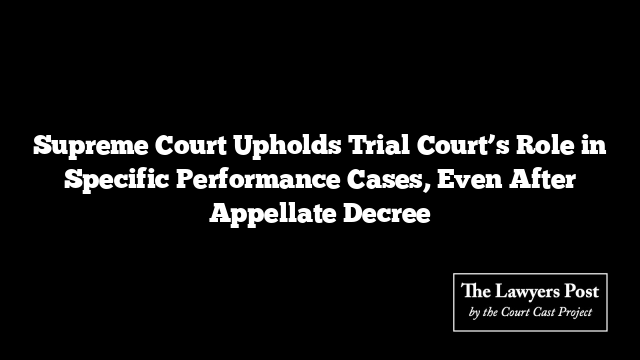In a recent ruling, the Supreme Court shut down the plea of a former Nagaland Vigilance Commissioner seeking to match the pay scale of the state’s Chief Secretary. The ex-commissioner had argued that some of his predecessors had enjoyed this higher pay, but the Court firmly dismissed his appeal.
A bench of Justice Hima Kohli and Justice Sandeep Mehta highlighted that the appellant voluntarily agreed to his salary package at the time of his appointment. If dissatisfied, the Court reasoned, he could have declined the role.
The ex-commissioner, appointed in 2006 after retiring as an IAS officer, had accepted the offer of a salary equivalent to his last drawn pay minus his pension. He later argued this compensation was unjust, contending that earlier commissioners in his position had received Chief Secretary-level salaries. His initial writ petition to the Gauhati High Court was successful, but the ruling was overturned on appeal, prompting him to approach the Supreme Court.
Despite his argument that “equal pay for equal work” should apply, the Court found this principle irrelevant. With only one post for State Vigilance Commissioner in Nagaland, there was no basis for comparison. The Supreme Court, upholding the division bench’s decision, concluded that no interference was necessary, bringing an end to the appellant’s quest for salary parity.





